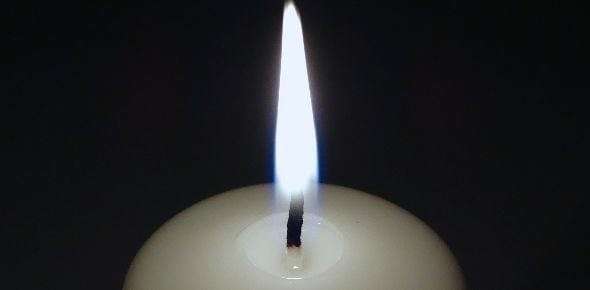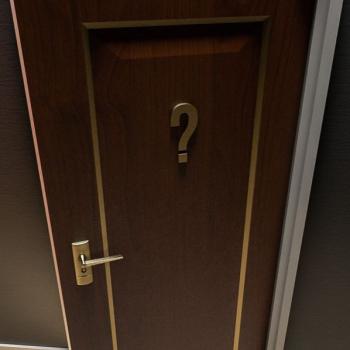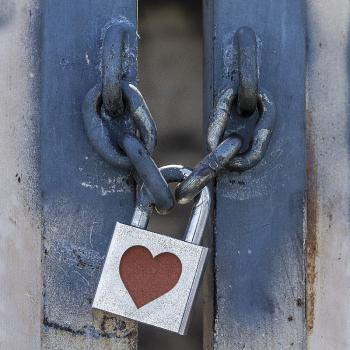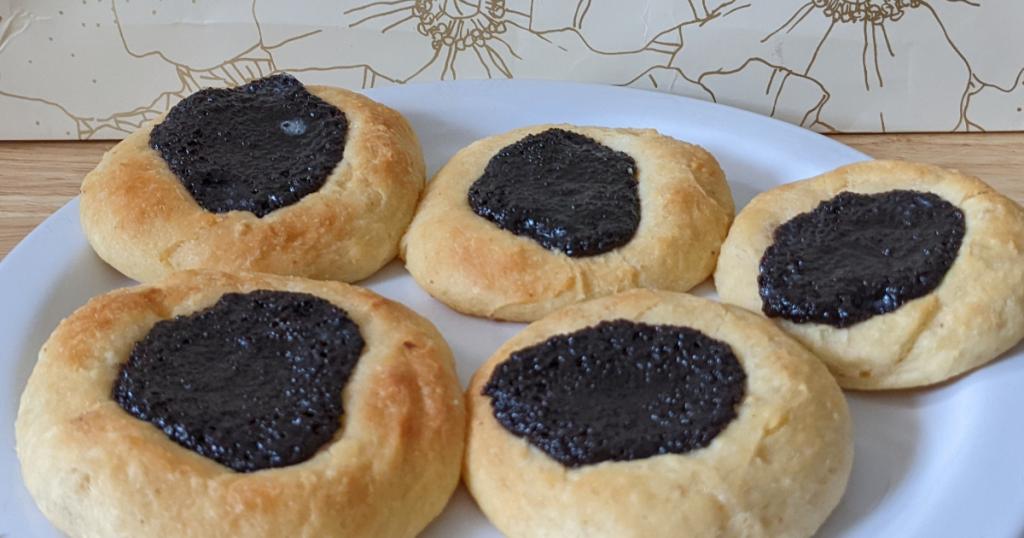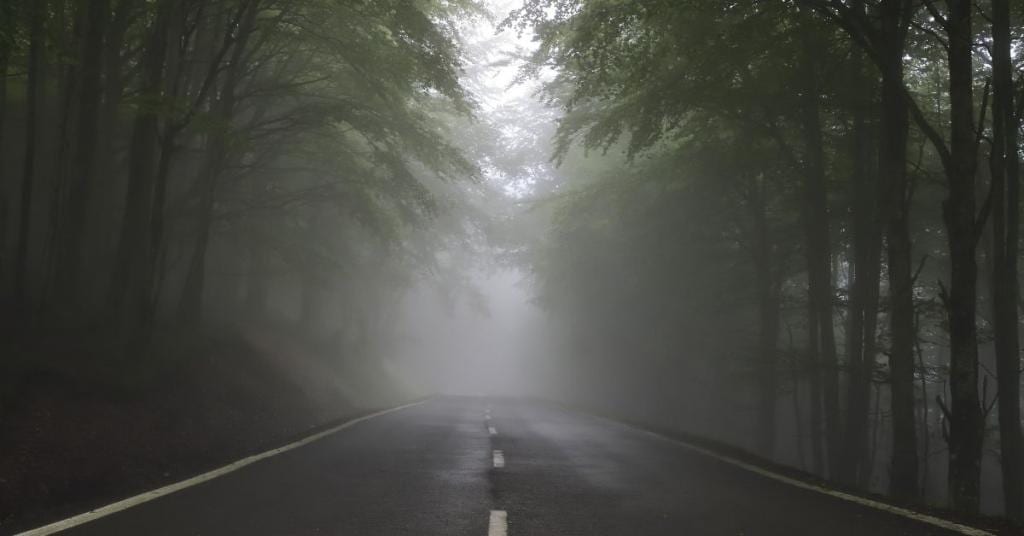White light is good. Black magic is evil. We use these terms routinely in everyday language and in our magical work too. What do we mean by them? Is it racist to assign “black” to the idea “evil” and use “white” as a synonym for “good”?
Aleister Crowley used the term “Black Brother” to mean someone who has fallen off the path in a specific way (by failing to surrender all of himself to the abyss). Members of Ordo Templi Orientis refer to each other as “brother” and “sister”. I have brothers and sisters in the order who are white and sisters and brothers who are black. Obviously my black brother is not automatically a Black Brother any more than every white brother is a member of the Great White Brotherhood. But why do we use “black” to mean “failed magician” and “white” to mean “teacher”? What does that say about the way we think about black and white people in the world?
I work for a volunteer program which was recently asked to start identifying the ethnicity of the people we serve. Are they white, black, Hispanic, Pacific Islander? As I talked other volunteers about this requirement I often heard the objection “I don’t see color”. Well-meaning white parents taught their children to try to treat every person in the same way in an effort to build an equitable world.
People of color respond If you don’t see color you don’t see me. Even though we may be committed to building an equitable world this is not the world we live in now. People of color are treated differently than white people. Making that inequity right starts with listening to people of color about their experiences.
Eula Bliss said something interesting in her 2015 essay White Debt. She was reflecting on the Charleston massacre in which a self-professed white supremacist killed nine black people attending church Bliss said:
Hearing the term ‘‘white supremacist’’ in the wake of that shooting had given me another occasion to wonder whether white supremacists are any more dangerous than regular white people, who tend to enjoy supremacy without believing in it.
I’ve written a lot about how the experience of women, my sisters, differs from the experience of my brothers, in ways that our brothers are still learning to recognize. When a system fits you because it was built to fit you it takes an act of conscious will to recognize that. This is also true for myself as a white person; I recognize that esoteric language authorizes my experience at the expense of people of color.
How did we come to use “black” to mean “evil”? When we use the term “Black Brother” are we perpetuating that connection? Was the term racist in origin, and is it racist to use it now? If we genuinely ask ourselves this question we already know the answer. I wrote a lengthy essay White Light, Black Magic: Racism in Esoteric Thought to document the origin of these terms and suggest new ways of talking about good, evil, and the multicultural experience of magical people.
The pioneering scientists of the Age of Enlightenment created the idea that light is white. Robert Boyle, John Locke and Isaac Newton were friends, men of substance, and alchemists. They believed their experiments and observations uncovered something fundamental about the nature of white and black as substances. White skin color designated people who could think, who bore the true religion, and who had the right to own people with black skin. This mixing of empiricism with colonial exploitation and religious conquest stripped racism into both scientific and esoteric thought.
White settlers in America lacked medical knowledge; black and indigenous medicine saved lives. Black slaves used more than medicine, they used magical knowledge to protect themselves and heal their families. Contemporary black root workers critique white appropriation of this knowledge both in the past and in the present. Shannon Barber writes movingly in Black Magic, Black Skin: Decolonizing White Witchcraft about how “the idea that darkness = badness” delayed the development of their own magical viewpoint.
Even today groups who identify as “The Great White Brotherhood” offer themselves as teachers, “masters”, to the esoteric community, while standing against the errors and bad judgement of hypothetical “Black Brothers”. The terms are cringe-worthy and call up the worst racist stereotypes. There isn’t a lot of discussion or awareness of this yet, but there should be. True teachers don’t have enemies, and none of us need “masters”.
Our challenge is to correct the impact of racism in our thought and practice by creating an accurate, honest, inclusive language. We can re-frame our white light visualizations to use color, explore the positive aspects of darkness, and actively interrogate our use of color terms to create hierarchies and judgements.
After all, since light contains all the colors of the rainbow, why limit ourselves to thinking in black and white?


